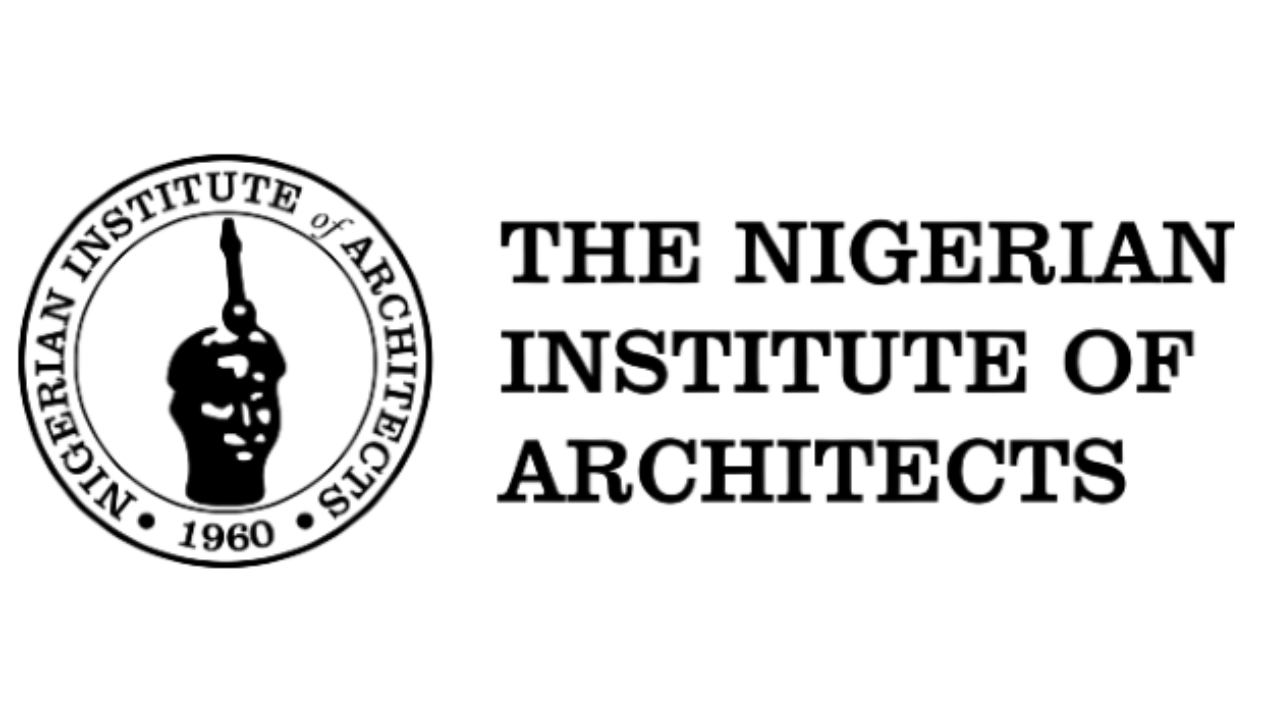UNDERSTANDING CLOSING COSTS
Did you know? You stand a better chance in the market with your properties on Manroe. Ride with the Manroe-wave and reach more potential buyers.
Explaining the various closing costs involved in a real estate transaction, including fees for inspections, appraisals, title insurance, and legal services, to help buyers and sellers better prepare for the financial aspects of closing a deal.
Closing costs are the fees and expenses that are paid at the final stage of a real estate transaction when the property's ownership is transferred from the seller to the buyer. These costs are separate from the property's purchase price and can vary depending on the location, type of property, and the terms of the deal. It is essential for both buyers and sellers to understand closing costs to avoid surprises and plan accordingly. Here are some common components of closing costs:
• Lender fees: If the buyer is obtaining a mortgage, there will be various fees charged by the lender, including loan origination fees, appraisal fees, credit report fees, and application fees.
• Title insurance: Title insurance protects the buyer and the lender from any issues related to the property's title, such as ownership disputes or liens. There are two types of title insurance: lender's title insurance (required by the lender) and owner's title insurance (optional but recommended for the buyer).
• Attorney fees: In some regions, real estate transactions require an attorney to oversee the closing process, and their fees will be included in the closing costs.
• Escrow fees: An escrow company or attorney often handles the closing process. They ensure that all necessary documents and funds are properly distributed between the parties. The escrow company may charge a fee for their services.
• Home inspection fees: While a home inspection is usually paid upfront, it's worth mentioning as an essential part of the buying process. The cost of the inspection is typically borne by the buyer.
• Property taxes and prepaid expenses: The buyer may need to pay a portion of the property taxes, homeowners’ insurance, and other prepaid expenses to cover the period between the closing date and the next tax or insurance due date.
• Recording fees: These fees cover the cost of recording the new deed and mortgage documents with the appropriate government office to make the transfer of ownership official.
• Survey fees: A property survey may be required to verify the property's boundaries and ensure there are no encroachments or boundary disputes.
• Estates Residents’ Association (ERA) fees: Even if the property is part of an ERA, it is not a well-established fact in Nigeria that the buyer may need to pay prorated ERA fees at closing.
• Miscellaneous fees: Other small fees can add up, such as courier fees, wire transfer fees, and document preparation fees.
It is important for both buyers and sellers to receive a Closing Disclosure form, which provides an itemised breakdown of all closing costs a few days before the closing date. Review this document carefully to understand the costs you are responsible for and to address any questions or discrepancies before the closing day.
Closing costs can be a significant amount, usually ranging from two percent to five percent of the property's purchase price. As a buyer, it is essential to budget for these costs in addition to your down payment to ensure a smooth and stress-free closing process.































